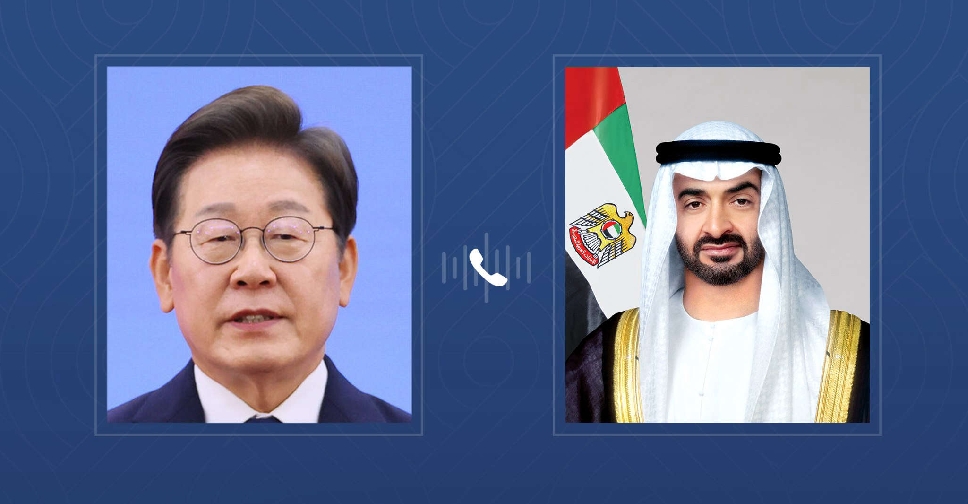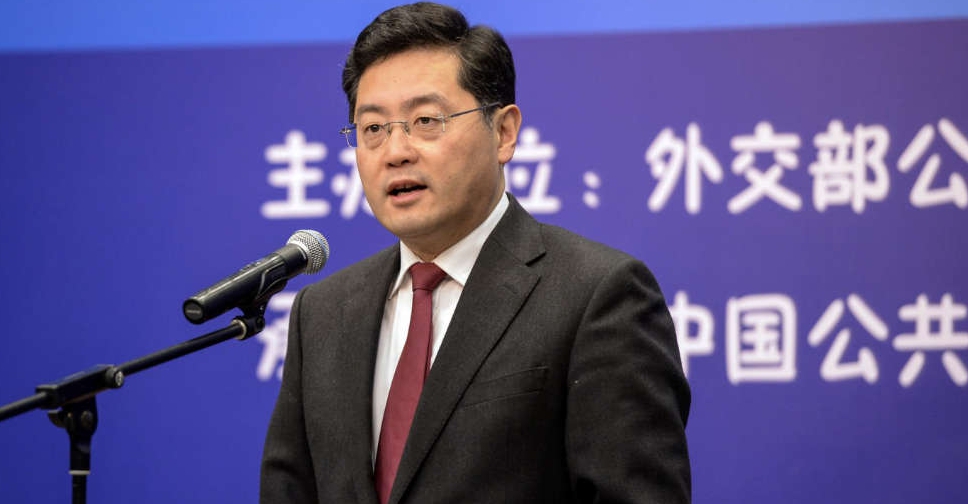
China has appointed Qin Gang, its ambassador to the United States and a trusted aide of President Xi Jinping as its new foreign minister, as Beijing and Washington seek to stabilize rocky relations.
Qin, 56, replaces Wang Yi, who has been foreign minister for the past decade.
Wang, 69, was promoted to the politburo of the Chinese Communist Party in October and is expected to play a bigger role in Chinese foreign policy.
In solving challenges common to all of mankind, China's diplomacy will offer "Chinese wisdom, Chinese initiatives and Chinese strength", Qin said in his first comments as foreign minister in a statement posted on his ministry's website.
Though Qin sounded optimistic tones about U.S.-China relations during his relatively brief, 17-month stint as ambassador in Washington - his predecessor held the post for eight years - his tenure nonetheless coincided with deteriorating ties between the two superpowers.
Qin rose quickly through various positions in China's foreign ministry, including two stints as ministry spokesman between 2006 and 2014, and as chief protocol officer between 2014 and 2018, overseeing many of Xi's interactions with foreign leaders.
As spokesman, he stood out among his peers for being one of the earliest Chinese diplomats to make sharp comments in defence of China's increasingly assertive foreign policy, what later became known as "wolf warrior" diplomacy.
But he also displayed a willingness to work with the United States, declaring upon his arrival in Washington in July 2021 after a period of unusual public vitriol between senior U.S. and Chinese officials, that relations held "great opportunities and potential."
Xi and U.S. President Joe Biden pledged more frequent communication during mid-November talks aimed at preventing a new Cold War between their countries, and U.S. Secretary of State Antony Blinken is due to visit China in early 2023.
White House Indo-Pacific coordinator Kurt Campbell has said China wants stabilized relations with the United States in the short term as it faces domestic economic challenges and push back to its policies in Asia.
In an essay published in American bi-monthly magazine the National Interest this week, Qin gave an overview of China's position on foreign policy and reiterated that China-U.S. relations were not a "zero-sum game" with one side gaining at the expense of the other.




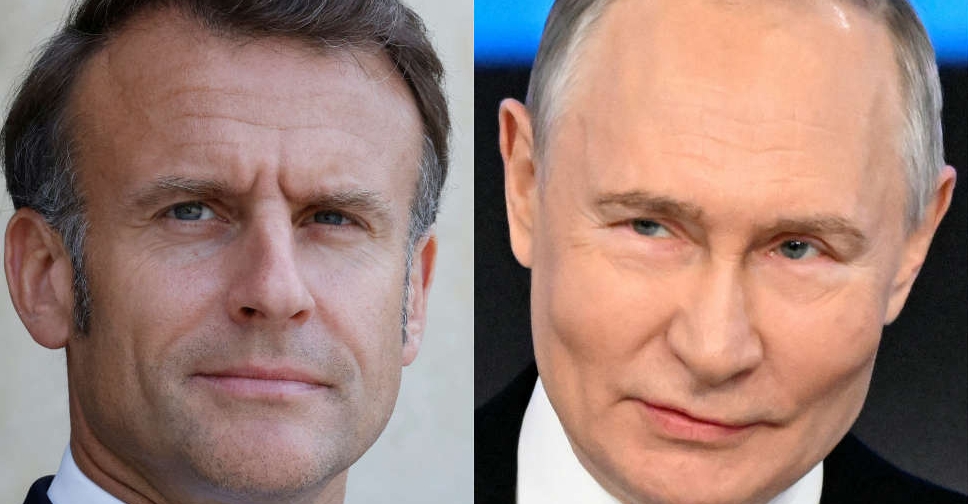 Putin, Macron discuss Iran, Ukraine in first phone call in nearly three years
Putin, Macron discuss Iran, Ukraine in first phone call in nearly three years
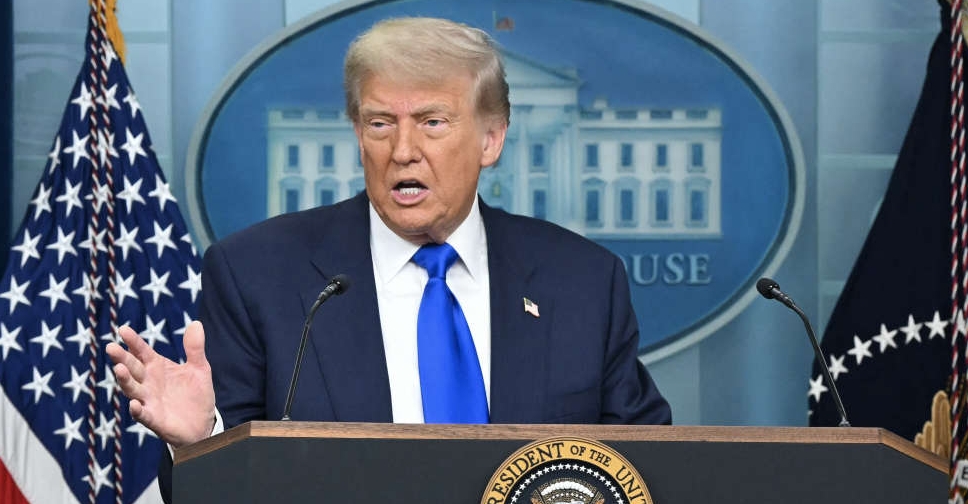 Trump urges Hamas to accept 'final proposal' for 60-day Gaza ceasefire
Trump urges Hamas to accept 'final proposal' for 60-day Gaza ceasefire
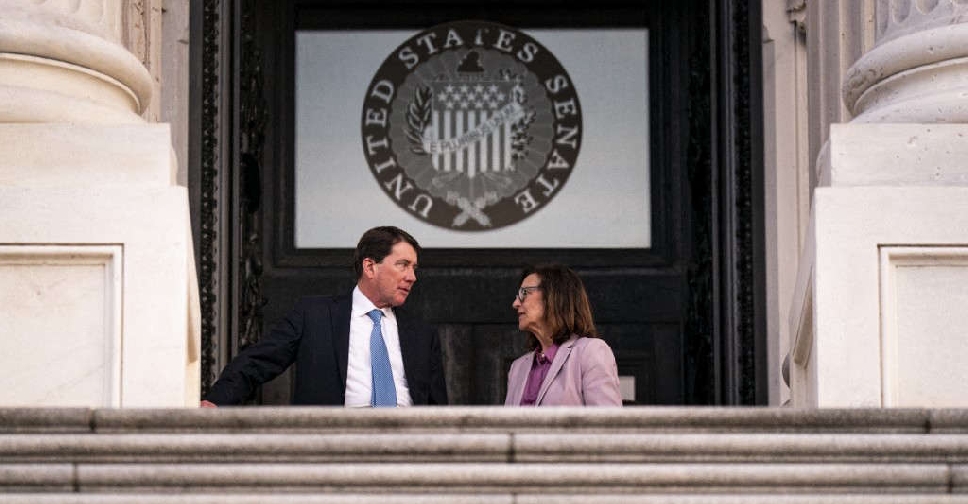 US Senate passes Trump's tax-cut, spending bill; sends to House
US Senate passes Trump's tax-cut, spending bill; sends to House
 France shuts schools as heatwave grips Europe
France shuts schools as heatwave grips Europe
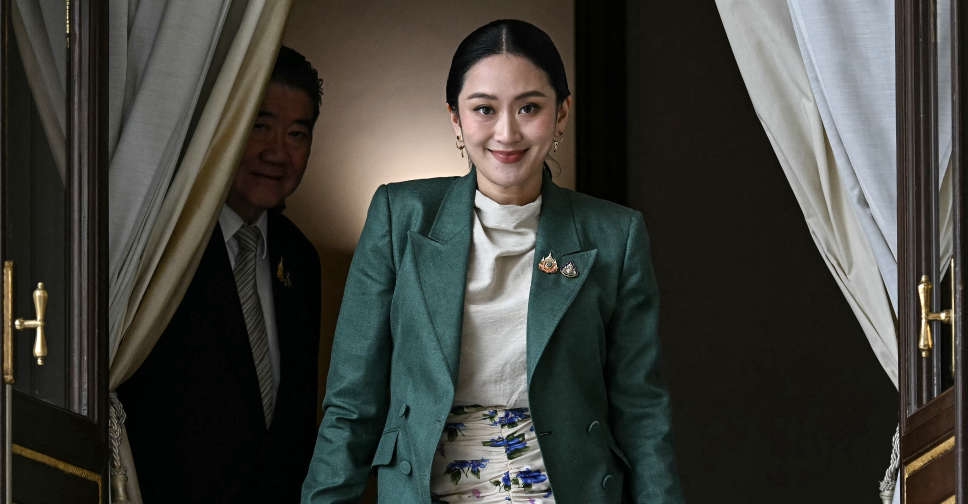 Blow for Thailand's government as court suspends PM from duty
Blow for Thailand's government as court suspends PM from duty


